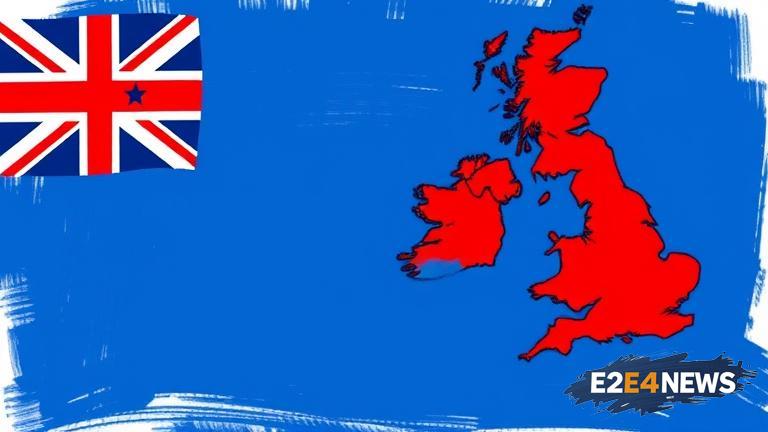The United Kingdom has recently announced new sanctions designations, targeting individuals and entities in various countries. These designations are part of the UK’s efforts to combat terrorism, human rights abuses, and other illicit activities. The new sanctions list includes individuals and entities from countries such as Russia, Ukraine, and Belarus. The designations are intended to restrict the flow of funds and resources to these individuals and entities, thereby limiting their ability to engage in malicious activities. The UK’s sanctions regime is designed to be flexible and responsive to changing circumstances, allowing for the swift imposition of sanctions in response to emerging threats. The new designations demonstrate the UK’s commitment to upholding international law and protecting human rights. Global businesses must ensure compliance with these sanctions, as failure to do so can result in significant fines and reputational damage. The UK’s sanctions regime is enforced by the Office of Financial Sanctions Implementation (OFSI), which is responsible for ensuring that businesses comply with the regulations. The OFSI provides guidance and support to businesses, helping them to navigate the complex sanctions landscape. The new designations highlight the importance of conducting thorough risk assessments and due diligence when engaging in international trade. Businesses must be aware of the sanctions in place and take steps to ensure that they are not inadvertently supporting sanctioned individuals or entities. The UK’s sanctions regime is part of a broader international effort to combat illicit activities and promote global security. The European Union and other countries have also imposed sanctions on individuals and entities in response to various threats. The coordination of sanctions efforts between countries is crucial in ensuring their effectiveness. The new designations demonstrate the UK’s willingness to work with international partners to address shared security concerns. The implications of the new sanctions designations are far-reaching, affecting not only the individuals and entities targeted but also global businesses that engage in international trade. Companies must be vigilant in their compliance efforts, ensuring that they are not exposed to reputational or financial risks. The UK’s sanctions regime is subject to regular review and update, reflecting changing circumstances and emerging threats. Businesses must stay informed about the latest developments and adjust their compliance strategies accordingly. The new designations serve as a reminder of the importance of prioritizing compliance and risk management in international trade. By taking a proactive approach to sanctions compliance, businesses can minimize their exposure to risk and ensure that they are operating in a responsible and ethical manner. The UK’s commitment to upholding international law and protecting human rights is unwavering, and the new sanctions designations demonstrate the country’s willingness to take decisive action in response to emerging threats. As the global sanctions landscape continues to evolve, businesses must remain vigilant and adaptable, ensuring that they are equipped to navigate the complex and ever-changing regulatory environment.
